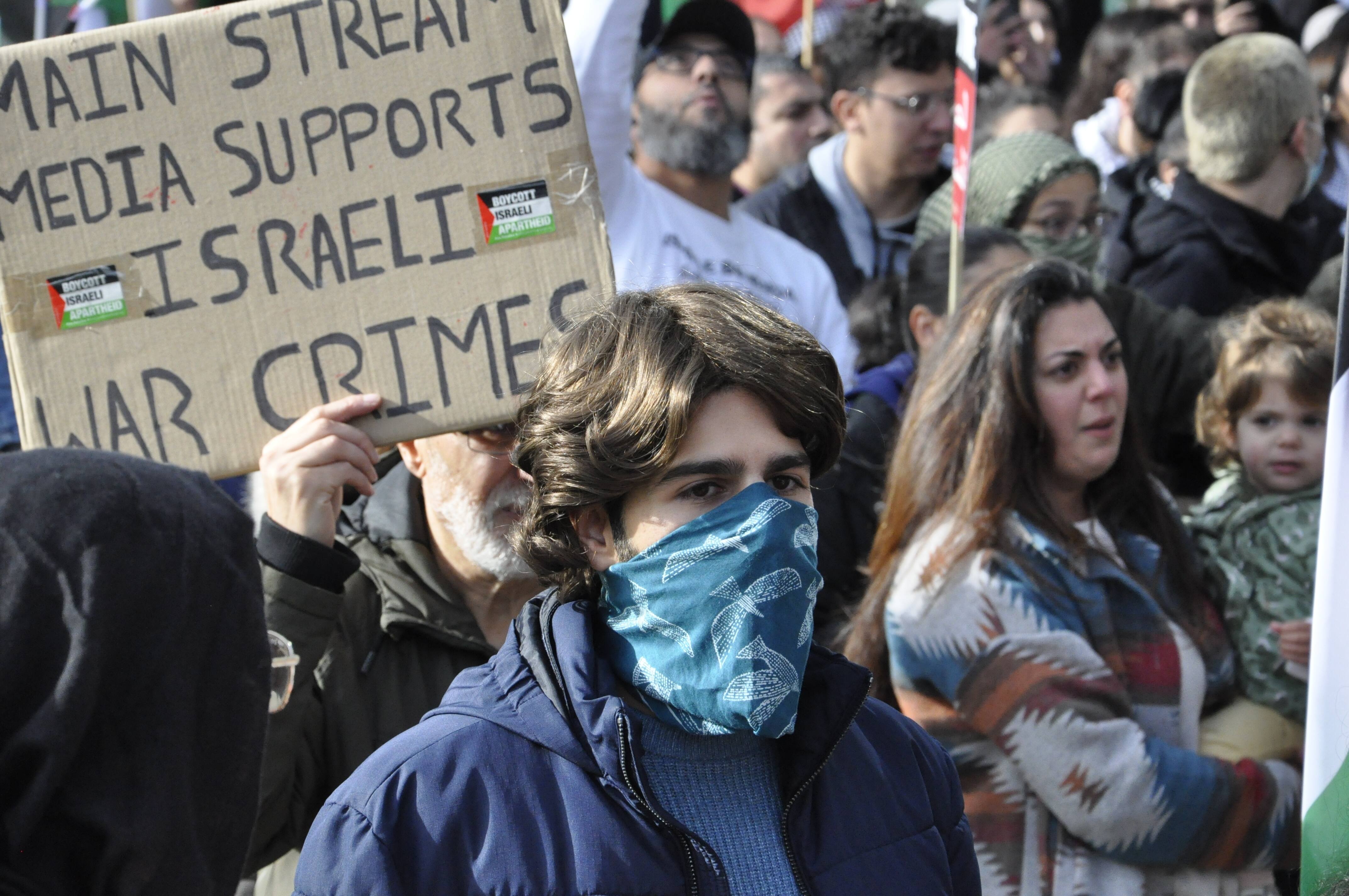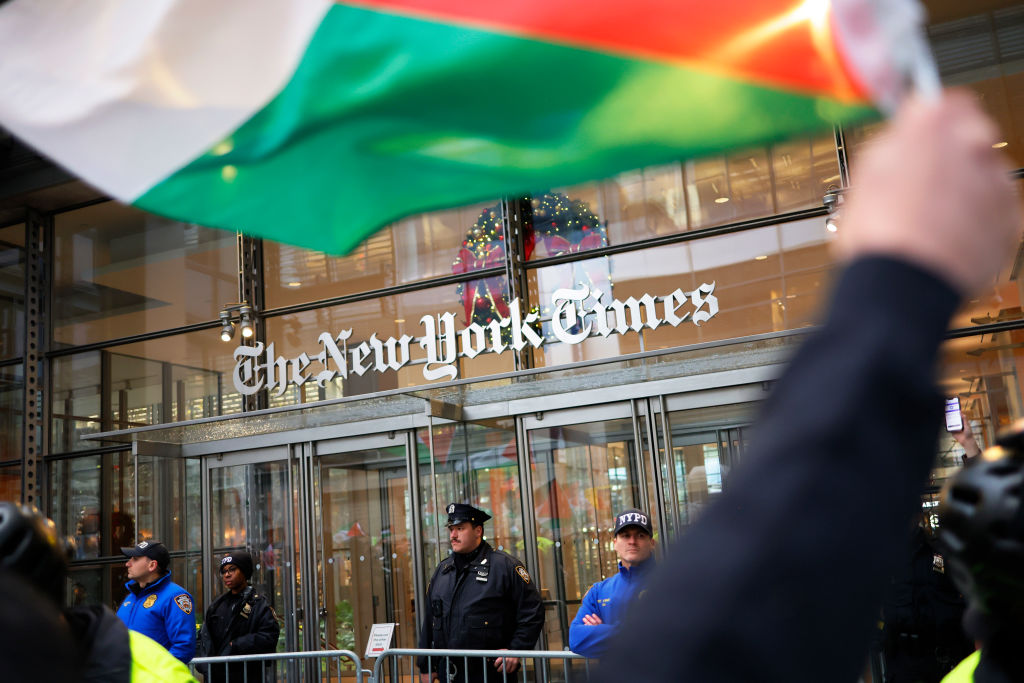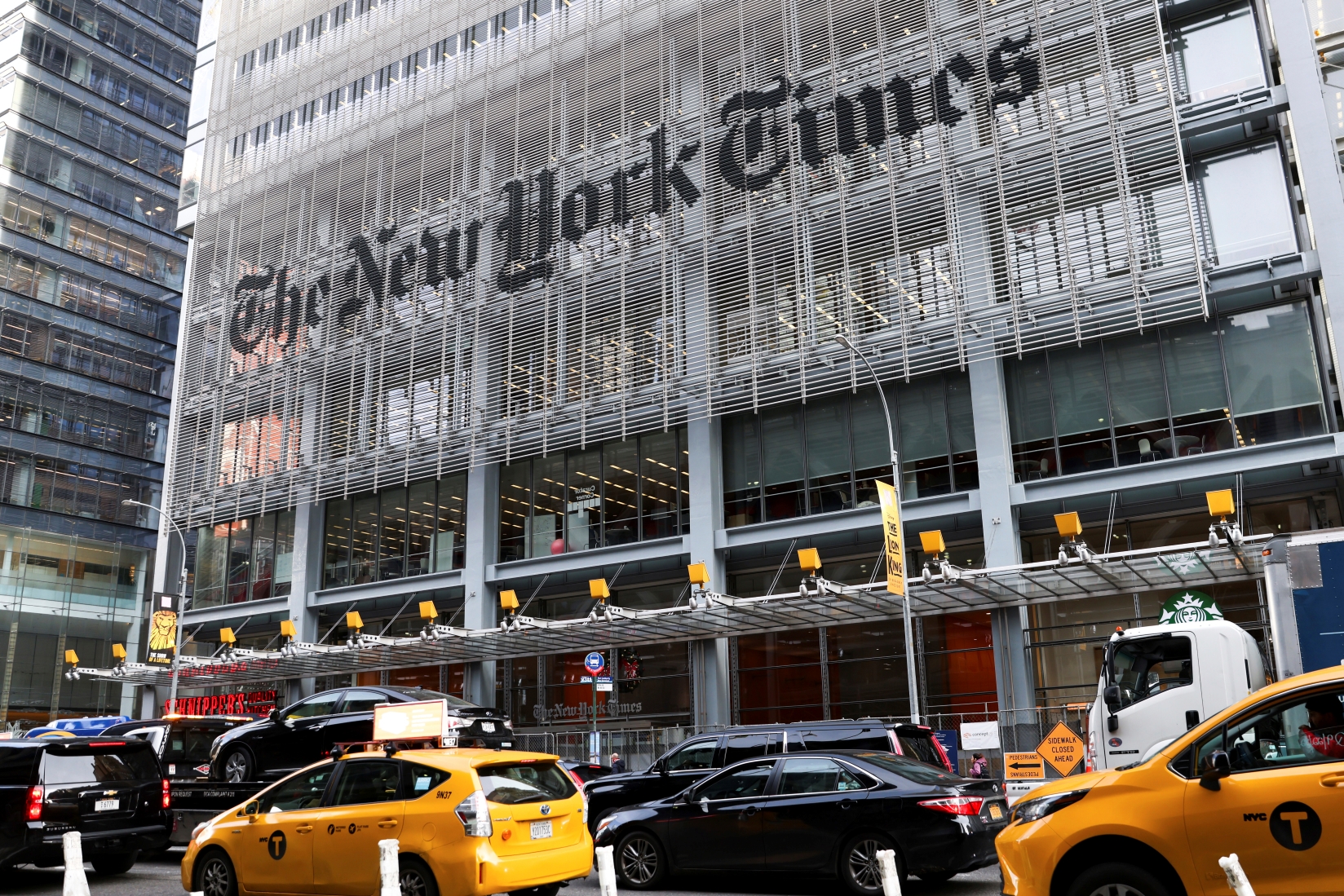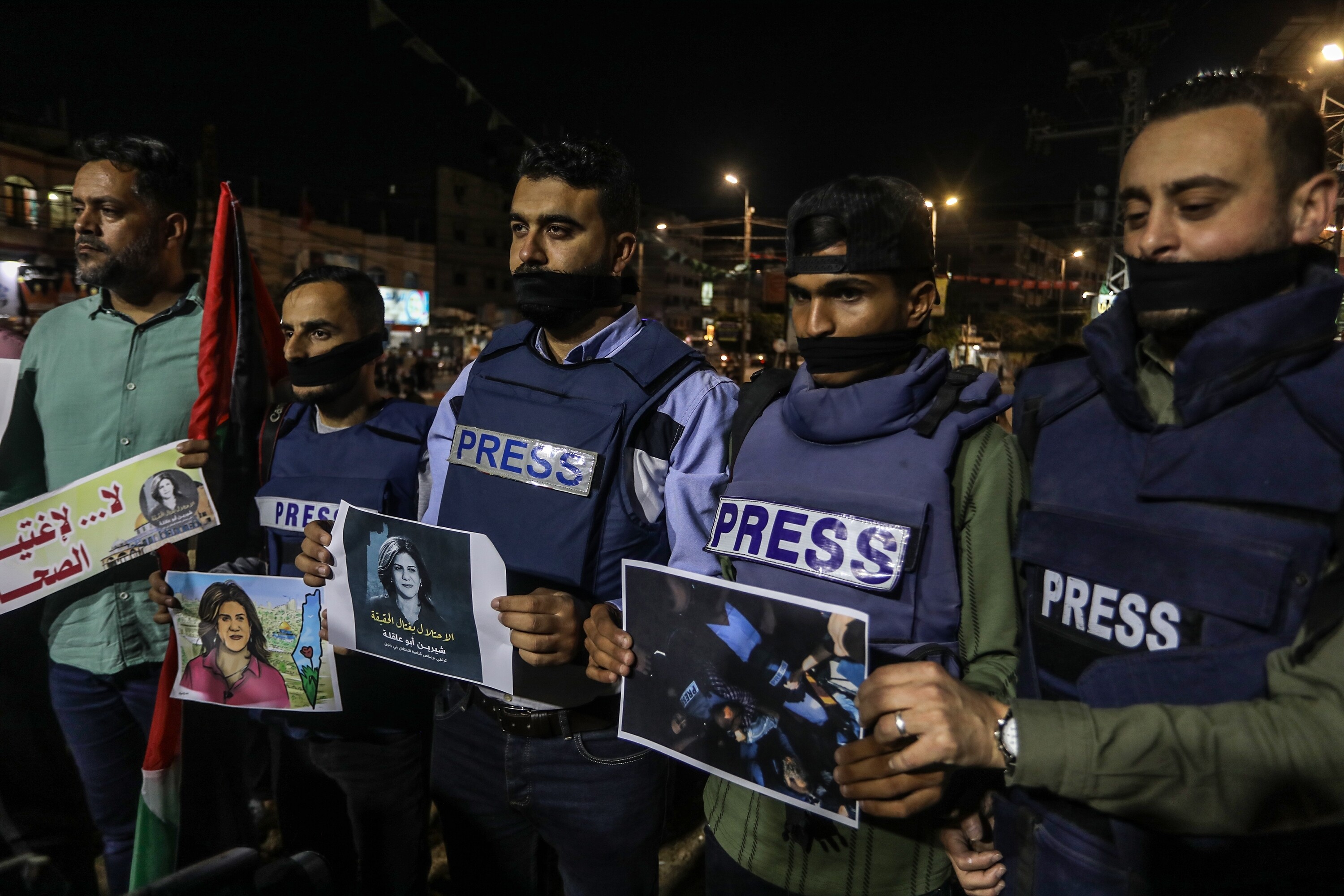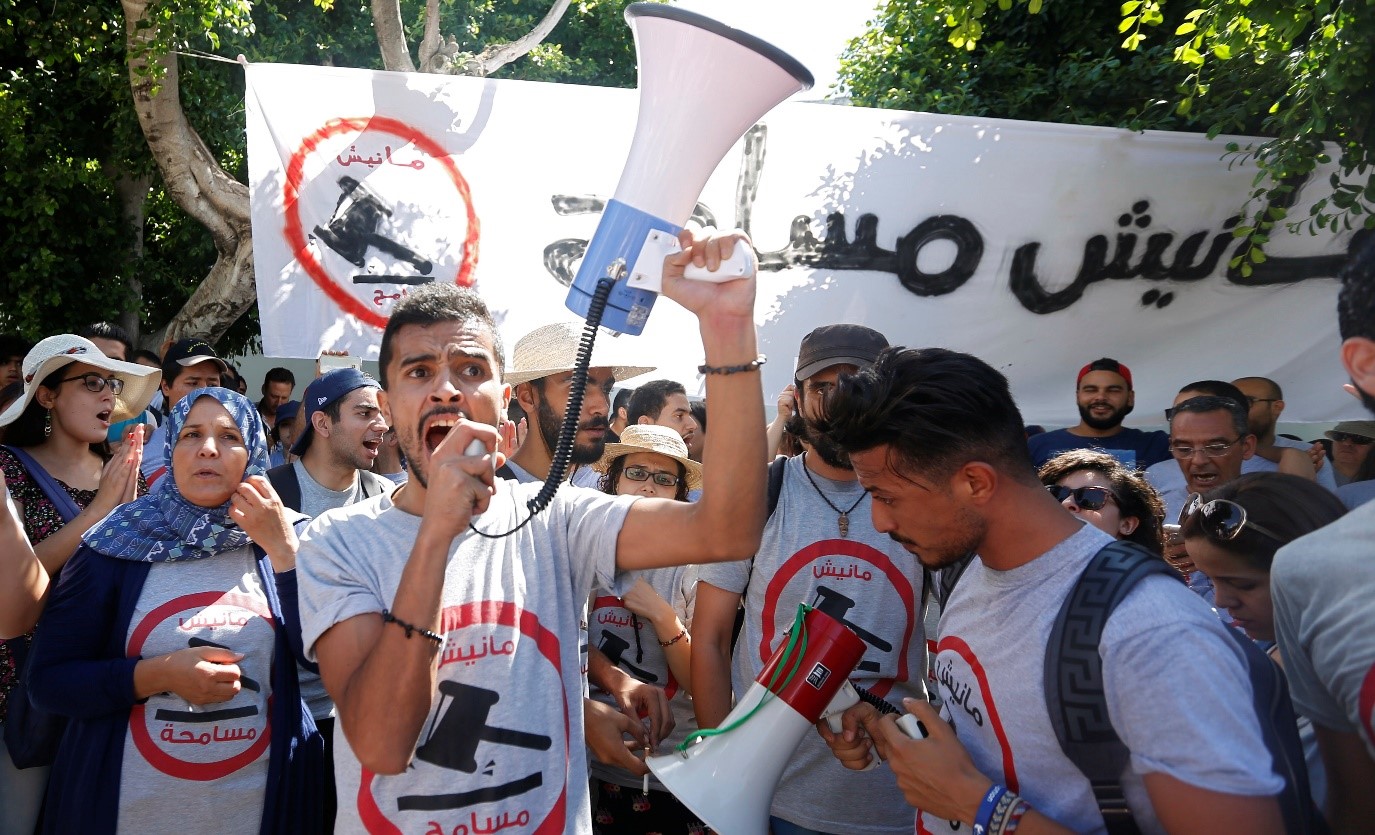Donald Trump’s election as US President in 2016 may have represented a key shift in the issue of ‘fake news’. Trump – whose election came as a surprise to everyone – found himself the target of a vast campaign from media supportive of the Democratic Party and the American Left more broadly. It did not take him long to launch his own counter-attack, accusing the media of deliberately fabricating ‘fake news’ that cast him in a negative light.
Regardless of your opinion on Trump, it is important to recognise that in today’s world fake news are being disseminated on a massive scale. There are many reasons for this.
One of these reasons is that it has become entirely accepted – and widespread to the point of habit – for media to have well-known and openly stated ideological biases. Media outlets that define themselves as objective sources for the transmission of news have become exceptional, or at the very least a minority. Outlets now typically have an open and well-known ideological line: left or right, conservative or liberal, nationalist or globalist, etc.
The media argue that this is not a problem in itself so long as outlets keep to the standards of media work and truthfulness. The problem is that it is difficult to draw the line between a media outlet having a particular angle driving its editorial policy and this angle meaning that outlet deletes, highlights, marginalises, amplifies or underplays specific pieces of news.

This is apart from the growing political and ideological polarisation within a given society, reflected in turn on media that become part of that polarisation. It is only to be expected that all outlets will become embroiled in this struggle to a certain extent and try to focus on news, analysis, reports and opinion that support their ideological inclinations. Within this polarisation, it becomes very difficult to keep to professional standards. In fact, those who still advocate for these standards come to be accused of having an outdated idea of professionalism or an ethical cold-bloodedness in a fierce struggle many consider a matter of life and death.
So it is that we find ourselves in the so-called ‘Post-Truth Era’, by which is meant a situation in which truth, data and information play an increasingly limited role in favour of ideological beliefs and desires. We should note here that although it is true that post-truth can encompass a neglect for fact and a dismissal of verified information, many of the issues that humans disagree on – politically, culturally, socially – are not the sort of thing that can be decided conclusively by data. A left-winger, for example, might believe that a growing number of people with no health insurance is a warning sign and something that the media should focus on. A rightist, meanwhile, even assuming they conceded the numbers, would not take the same view: they would argue that is down to individuals to work hard in order to get decent health insurance, meaning that the issue is not, as far as they are concerned, any cause for alarm.
Moreover, humans have a strong psychological tendency to believe things that support their existing beliefs, so-called ‘confirmation bias’. This seems logical: believing something that supports my pre-existing opinion is psychologically easier and less costly. When I am confronted by information, news or analysis that contradicts my opinion, this produces cognitive dissonance, the uncomfortable feeling produced by a new fact that radically shakes your idea of a particular issue and makes that idea seem limited, mistaken, or brittle.
It is logical then that we would prefer news, people and media that support our ideas on issues that are important to us, and that we would avoid news, people and media that do the opposite. A polarised environment of flagrant bias is a welcoming one for fake news. Intense polarisation is accompanied by a climate in which emotions run high, reactions come thick and fast and the other is demonised and portrayed as a threat. These feelings and reactions must be given justification. And if real news does not serve this end, fake, exaggerated or highly biased news becomes a pressing psychological need for both media outlets and consumers.

Social media, of course, has contributed dramatically to the phenomenon of fake news. There are several reasons for this:
1) Growing demand for news: production and consumption
The emergence of CNN as the first channel broadcasting nothing but news heralded the end of a time when news came only at particular hours. With social media, news became a constant, unceasing torrent available at any moment. Media and news platforms require a high rate of traffic, and need to preserve and expand their audience via continuous polarisation of new consumers. Consumers are likewise in constant contact with social media and need constant ‘feeding’. The simultaneous need of both producer and consumer for a non-stop flow of news lays the foundation for complacent publishing, for insufficient verification, and for the transformation of reactions to and comments on news into stories in their own right. This creates an atmosphere in which fake news spreads very easily.
2) The vicious circle of ‘engagement’
The concept of ‘engagement’ is key to an understanding of the relationship of social media and news. Engagement measures the extent to which followers engage with content on media networks by the amount of time that followers spend with that content – for example, commenting, sharing or sending to others. There is important evidence that followers are most engaged when afraid or angry. Psychologically, this seems easy to explain. When people are afraid, they are constantly alert to danger in order to assess and confront it and search for safety and peace of mind. Angry people are likewise in a constant state of stimulation that feel a strong desire to give vent or expression to, connecting in various ways with those they consider the causes of their anger.
To take a simple example, news about immigrants in the West are the object of non-stop attention from media and consumers. The explanation is simple. Anti-immigrant discourse focuses on the crimes they commit, the jobs they take, and the alarming new cultures they bring with them. They play to both fear and anger, and in doing so ensure themselves a high degree of engagement.
In a climate like this where both media and consumers are so keen on remaining connected to events, neither has a clear interest in verifying and carefully and soberly considering news. Fake news – especially that which stimulates anger or fear – win immediate interest and are believed instantly and with little effort.
3) Moral anxiety
As it becomes ever more difficult to appeal to reasonable standards on which a consensus can be formed when discussing issues that concern the humans of today, the ‘manufacturing of reactions’ to issues acquires great importance. It is now common for any issue that is the subject of controversy to produce sharp polarisation, with the two sides exchanging accusations of racism, unpatrioticness or extremism. This is what is meant by the term ‘moral panic’: on every issue, people are good or evil, enemies or allies, with us or against us. Through the power of the media, even minor issues and issues that it is entirely reasonable for good people to disagree on become crucial matters of life and death, of patriotism or betrayal, of backwardness or civilisation. In this sort of environment, it is easy to believe anything that hurts or embarrasses the other team or makes mine look good – without thinking about balanced debate or objective examination of the issues.
This environment is very welcoming to the production, promotion and belief of fake news. It is no exaggeration to say that dealing with this issue is one of the greatest challenges facing the media today. It is also one of the greatest challenges facing media consumers. The important question is: how can we preserve our balance and objectivity in forming their opinions on events, issues and people?
























![A demonstration against Israel's war on Gaza on Paulista Avenue in São Paulo on November 4, 2023, draws attention to the deaths of children while the media focuses on the war against terrorists. [Photo: Lina Bakr]](/sites/default/files/ajr/2024/Picture1.png)

